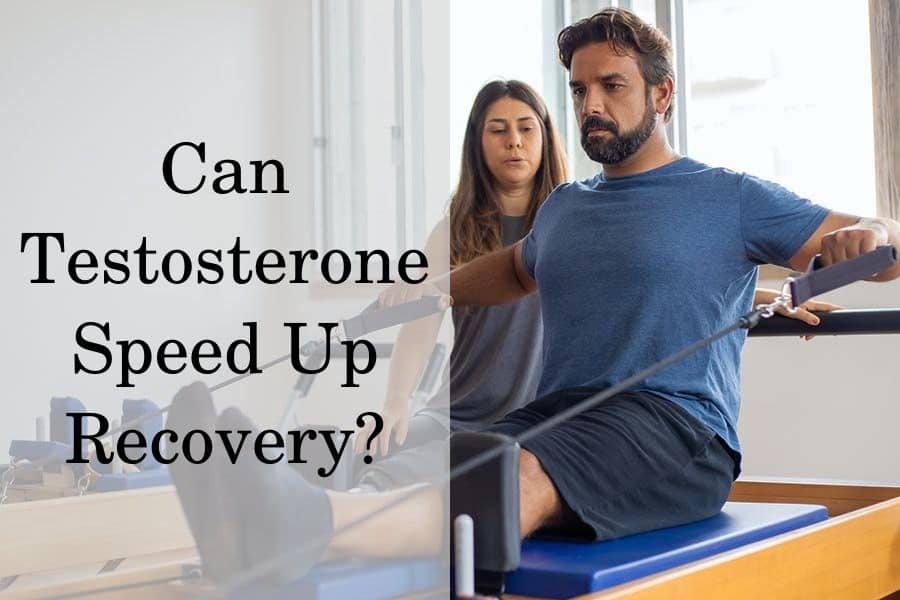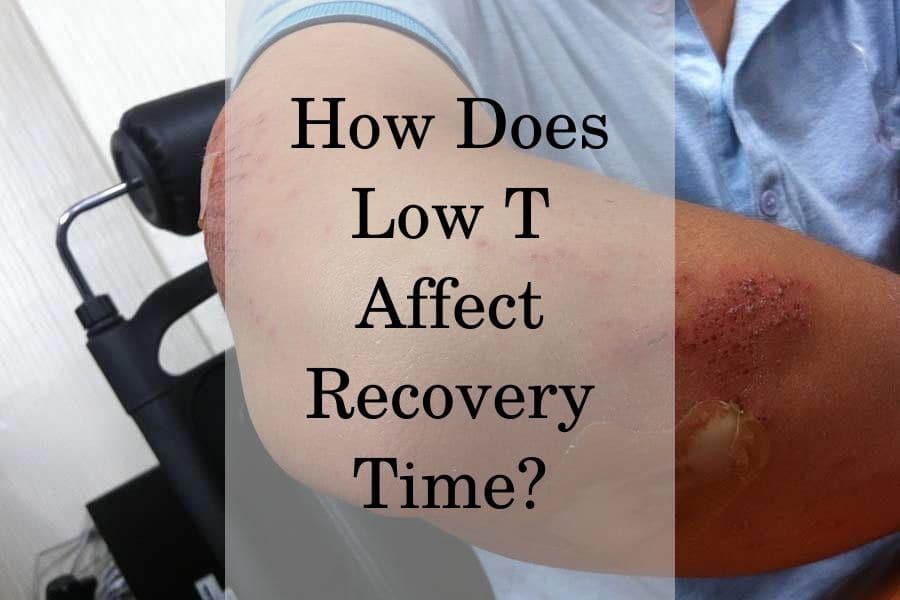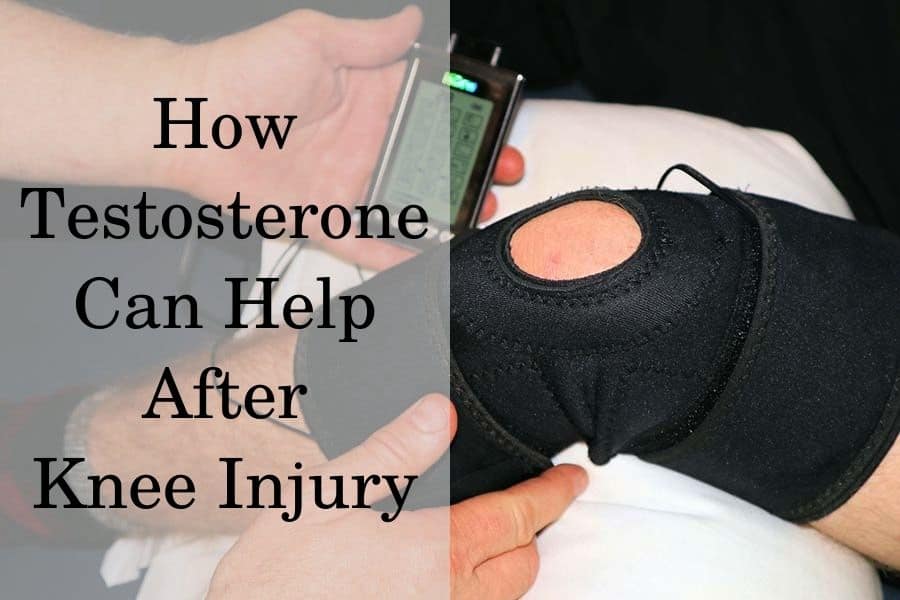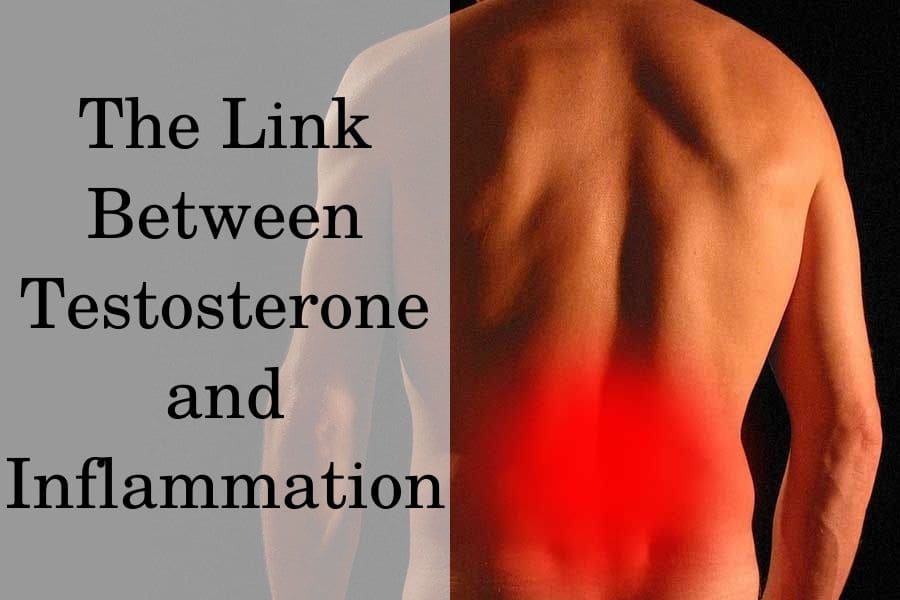The process of healing and recovery is a complex task that your body performs under the regulation of various hormones and signaling molecules.
Some of these hormones accelerate healing and tissue repair thanks to their potent anabolic effects. They include the growth hormone, IGF-1, and the male sex hormone – testosterone.
Testosterone is especially anabolic towards skin, bone, and muscle tissue. You can even get testosterone online to treat hypogonadism in men who can’t produce adequate amounts of natural T.
Apart from relieving the symptoms of low T, the anabolic effects of TRT also have the potential to help patients in their recovery from trauma, severe injuries, and various catabolic states.
How testosterone affects the recovery process
Physical traumas, injuries, and major surgeries can lead to serious stress for your body. The human organism naturally reacts, increasing the production of stress hormones such as cortisol and adrenaline.
Unfortunately, these hormones are highly catabolic which leads to a spike in blood sugar, reduced insulin sensitivity, and protein degradation.
These catabolic processes also suppress the anabolic signaling in the body and lead to a rapid decrease in T levels. Studies confirm that there is a drop in both men and women who are undergoing surgical intervention.
These endocrine changes result in a catabolic state, which often leads to loss of lean body mass, muscle weakness, and slower recovery.
What is more, patients who experience the largest drop in T levels and present with the lowest testosterone levels after surgery have slower recovery and a much higher risk for complications.
These observations have led scientists to believe that increasing anabolic hormones such as testosterone may help recovery after surgery in such patients.
Indeed, a study in individuals with severe burn injuries reported that TRT led to a two-fold decrease in protein losses, which has the potential to facilitate faster rehabilitation later on.
A meta-analysis of several studies using an androgen with similar effects to testosterone-oxandrolone reported that while testosterone therapy did not reduce mortality, it speed up recovery.
Patients experience increased weight regain, improved bone mineral density, higher percent lean body mass, and a decreased wound healing time for donor graft sites.
The use of testosterone in critical patients has also raised some concerns, mainly due to the fact that prolonged bed rest and TRT may both contribute to an elevated risk of thrombi. Yet, the scientific evidence so far does not support such risks.
What is more, TRT has been studied in stroke patients who have recently experienced a vascular incident. The results were positive overall and testosterone therapy led to faster rehabilitation for these patients, thanks to increased muscle retention and strength.
Does testosterone help heal injuries?
Apart from testosterone’s benefits for burn patients and speeding up the healing of donor graft sites, there is preliminary evidence that testosterone may benefit the healing of other tissues as well, such as:
- muscle tissue
- connective tissue (tendons and ligaments)
- nervous tissue
In regards to muscle tissue, testosterone has a well-known effect on increasing muscle hypertrophy, ultimately resulting in improved muscular strength, size, and endurance.
The available data from animal experiments suggest that testosterone may also be able to support muscle recovery after muscle traumas by promoting the healing of the muscle fibers.
Yet, there is no clinical data to support faster recovery after a serious muscle injury such as pulled or torn muscle.
Similarly, there is no clinical evidence suggesting faster healing of tendons and ligaments. Only, in vitro studies have shown that increased androgen levels can enhance the proliferation of tenocytes.
Men with low T are also having lower levels of tendon progenitor cells, while TRT increases their concentrations. This effect can be important during tendon-healing and repair when active proliferation is required.
Instead, TRT has been studied in patients with a knee injury, where it was shown to help retain muscle mass and strength in the affected limb. Ultimately, this resulted in faster rehabilitation and the patients were able to return to their normal activities much faster.
Preliminary evidence from animal and in vitro studies suggests that androgens may also have some neuroprotective and neuroproliferative effects, which may facilitate neuron repair after an injury.
Yet, clinical evidence so far is insufficient to support such claims. When given to patients with spinal injury, TRT improves their strength which can potentially aid their rehabilitation.
However, TRT did not increase scores for functional independence, meaning it did not speed the recovery of lost motor functions due to the injury.
Does testosterone help with inflammation?
Apart from its benefits for recovery and rehabilitation, testosterone appears to also modulate the response of the immune system to various stressors and inflammation.
Researchers reveal that the male sex hormone has suppressive effects on the immune system, although the effects appear to be moderate.
For example, scientists explain the statistically higher morbidity of autoimmune conditions in women with possible protective effects of testosterone in men. Testosterone may work to reduce the risk of autoimmune conditions thanks to its moderate immune-suppressing and anti-inflammatory effects.
Another review of the scientific literature suggests that low T is associated with an increase in inflammatory molecules, while TRT reduces pro-inflammatory cytokines in men with coronary artery disease and diabetes mellitus. Therefore, researchers concluded that TRT had anti-inflammatory effects on these patients.
Alternatively, the benefits of TRT could also be explained by the anti-obesity effects of testosterone. TRT stimulates fat oxidation and weight loss. Thus it helps reduce obesity which is otherwise known to contribute to chronic systemic inflammation.
Testosterone therapy does not appear to have a noticeable effect on reducing inflammation in conditions related to injuries such as tendonitis and arthritis. Nevertheless, the effect of TRT on weight loss and obesity may also help improve these conditions, mainly by reducing the load on the affected joints and tendons.
On the other hand, studies report that the occurrence of inflammation can lower T levels even in otherwise healthy men. Therefore, acute inflammation can cause short-term drops in T levels, while chronic inflammatory states like obesity can contribute to a lasting decrease in testosterone.
Get a free consultation with our medical expert for any questions about hormone replacement therapy




